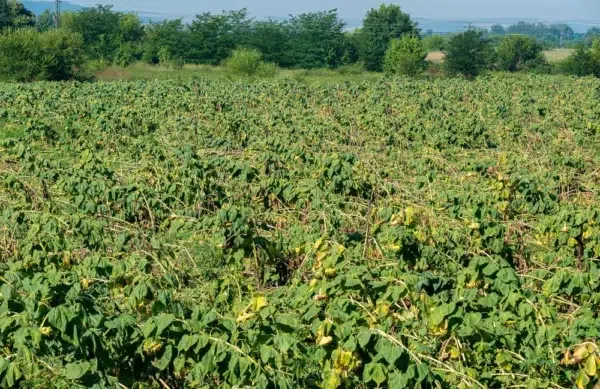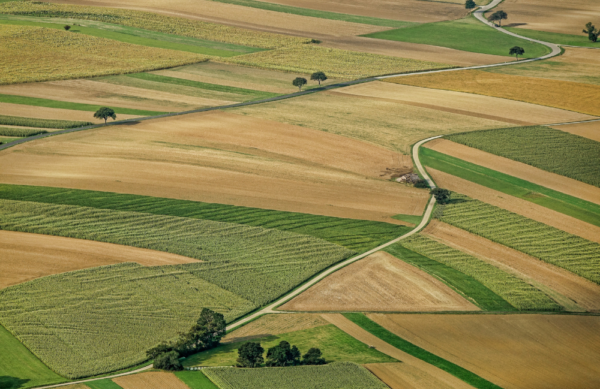Planting
Achieve maximal crop yield by monitoring weather conditions that impact your crop’s growth and implement crop-specific best practices accordingly.
The historic winter storm that hit Texas in 2020 reached over $600 million in agricultural losses.
Field A
Farm B
Insight In this Dashboard
severity - 3 sever
Cover Soil: Low Soil Temp
Cover soil with black plastic to heat soil. Seeds will not sprout and are likely to rot if these soil temperatures remain.
severity - 4 extreme
Monitor Conditions: Flood Risk
Prep teams and avoid any unnecessary outdoor work. Flash flooding is possible.
severity - 4 extreme
Apply Mulch: High Soil Temp
Mulch can keep temps down due to insulation. Try watering and shading the heated areas.
severity - 2 moderate
Ideal Temp for Planting: Warm Season Plants
Warm season plants, such as squash and marigolds, germinate best when temperatures are between 70 and 85 F. (21 to 29.5 C.)
severity - 4 extreme
Do Not Plant: High Temperature
Extreme temperatures will dramatically decrease pollination. Plants that do form may appear distorted when they mature later on.
severity - 2 moderate
Ideal Temp for Planting: Cool Season Plants
Cool season vegetables, like lettuce and broccoli, germinate best in temperatures between 55 and 70 F. (13 to 21 C.)
severity - 4 extreme
Monitor Conditions: Lightning Risk
Prep teams and avoid any unnecessary outdoor work. High risk for lightning in the area.
severity - 3 sever
Apply Cold Weather Fertilizer: Low Temperature
Lower temperature than usual is expected, protect your plants with cold weather Fertilizer to avoid damage.

